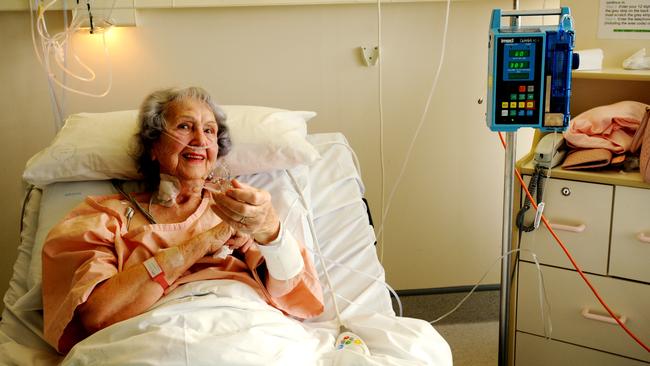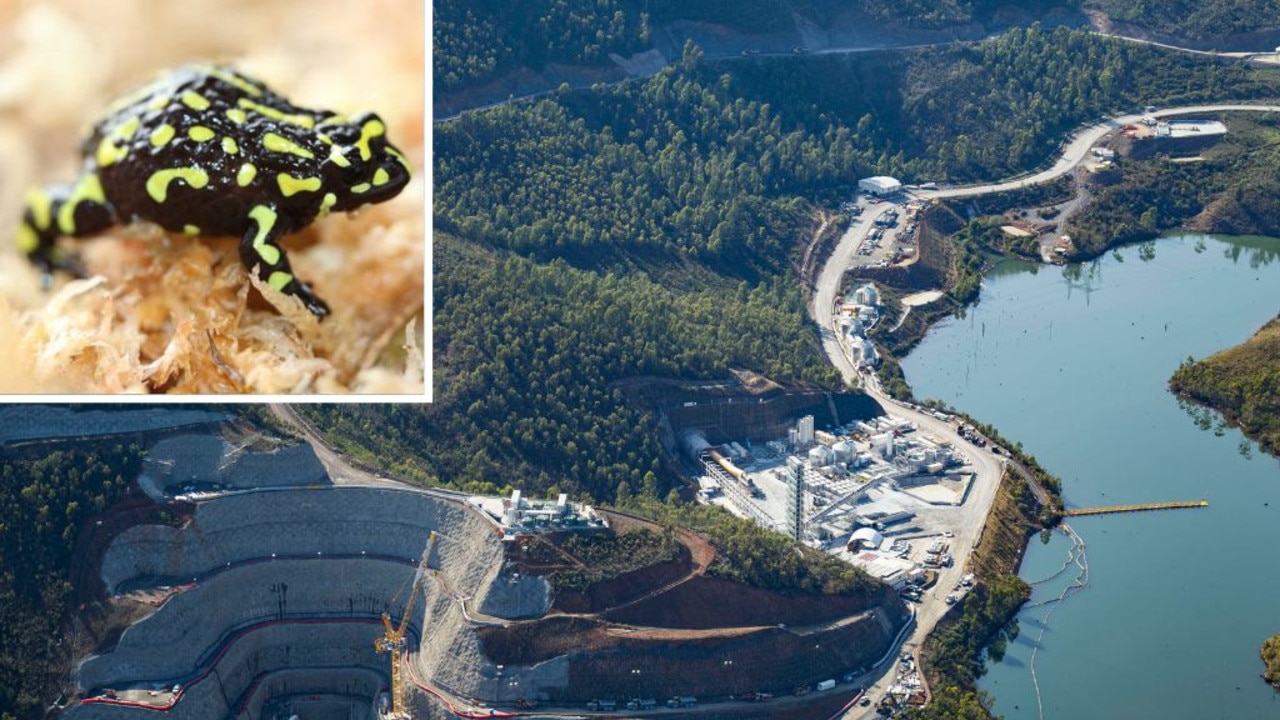Firm’s heart valve breakthrough
An Australian med-tech company has developed a new valve device that can avoid open heart surgery.

An Australian company has achieved a major breakthrough in the treatment of the common heart condition aortic stenosis, using bovine tissue to develop a device that can avoid open heart surgery.
The single-piece valve device, pioneered by Brisbane company Anteris Technologies, has been more than three years in the making and is seen by cardiologists as a potential game-changer in the treatment of aortic valves.
More than 150,000 Australians suffer complications from aortic stenosis, a condition caused by the narrowing of the heart’s aortic valve opening, which can lead to sudden cardiac failure. And according to new modelling by the Baker Institute that number is set to rise, with estimates of 200,000 patients by 2031 and 266,000 by 2051. Transcatheter aortic valve implantation (TAVI) is a standard practice in the treatment of diseased aortic valves; the procedure involves inserting a new valve in the groin and then threading it on a wire through the thigh’s femoral vein to the heart.
But despite the prevalence of the TAVI treatment, the strength and longevity of valve devices remains a mixed picture, according to leading cardiologist Karl Poon.
“TAVI has come a long way and it’s more than likely it will become the dominant cardiac strategy going forward,” he said. “But the key issue with these devices is their durability.
“Patients are having to undergo the procedure sometimes up to three times, so we really need a device that will last as long as possible which makes Anteris’s new valve, DurAVR, truly revolutionary.”
The DurAVR valve has already commenced its first round of trials, with initial data suggesting it could last up to 15 years, rather than the standard five years associated with other TAVI devices.
In January, Anteris Technologies secured $20m in funding to fast-track the development of the device, with the company’s share price doubling in the space of six months.
Chief executive Wayne Paterson said results from the first in-human surgical trial had exceeded expectations, showing the device is easier to implant and can restore blood flow to pre-disease levels.
“The implantation is less invasive and less risky than implantation by open heart surgery, and we think it’s durability will be truly groundbreaking,” he said.
“It will be possible to go in for an implant and be out playing golf two days later.”




To join the conversation, please log in. Don't have an account? Register
Join the conversation, you are commenting as Logout